UBhuku LukaMenzi is photo-essay about Mkabayi KaJama, the under-celebrated Zulu princess who was sister to King Senzangakhona KaJama, and aunt to King Shaka Zulu.
Mkabayi KaJama played a significant role in strengthening the Zulu nation and prepared the throne for a number of prominent kings, one of them being her nephew, King Shaka Zulu. Born a twin in 1750, Mkabayi was the daughter of King Jama KaNdaba. When Mkabayi was born, it was believed by the Zulus that one of the twins had to be killed to avoid bringing a curse upon nation. King Jama, a compassionate man, refused to kill one of his daughters. His subjects were livid and directed their frustrations at the sisters. As the twins grew their different personalities manifested. Mkabayi was resented more because she was daring and a stronger personality than her sister.
There are several significant events which unfolded during Mkabayi’s life. When her father fell ill and died, her brother, Senzangakhona KaJama, was too young to take the throne. Mkabayi appointed herself as regent until her brother came of age. This was unheard of in the Zulu monarchy. Mkabayi also refused marriage to several suitors because she dedicated herself to growing the Zulu kingdom as an honour to her father for sparing her life. When her brother, Senzangakhona became king, Mkabayi stepped down as regent but remained a prominent figure and a strong influence within the Zulu nation. Mkabayi was so highly respected and revered she used to be called “Baba” (father).
Because she did not have conventional maternal characteristics, Mkabayi KaJama has been unfavourably portrayed in numerous historical texts because of her power and the decisions she made during her time. She remains, to this day, the pillar upon which the Zulu nation’s legacy rests.
The photo-essay challenges cultural shifts, morals, patriarchy structures, and beliefs. It engages and questions the advancement of culture in relation to women, in general, but with particular interest in those who exhibit characteristics and preferences not traditionally deemed as feminine. It also incorporates visual codes which hold cultural reference and question identity in the modern-day context.
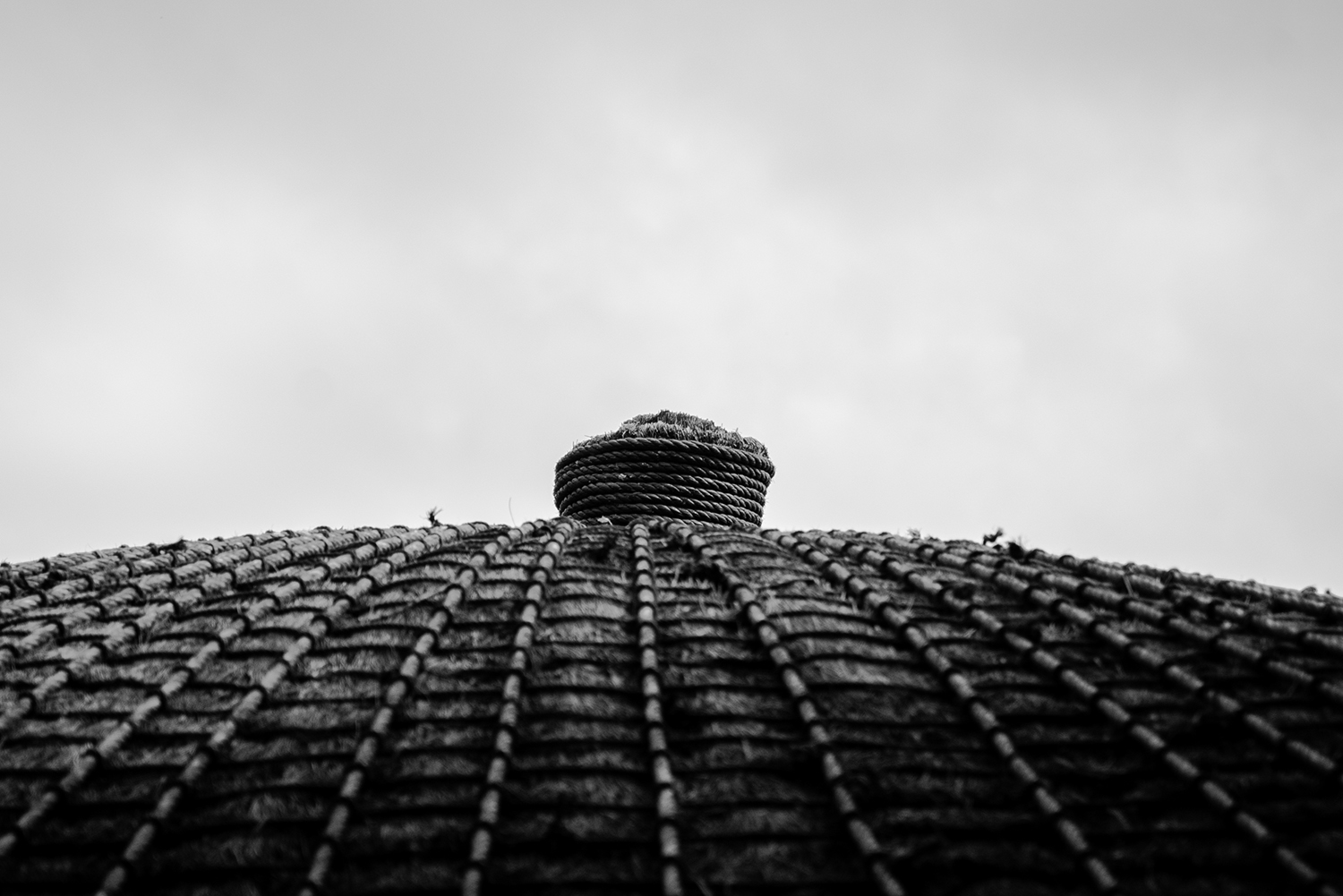
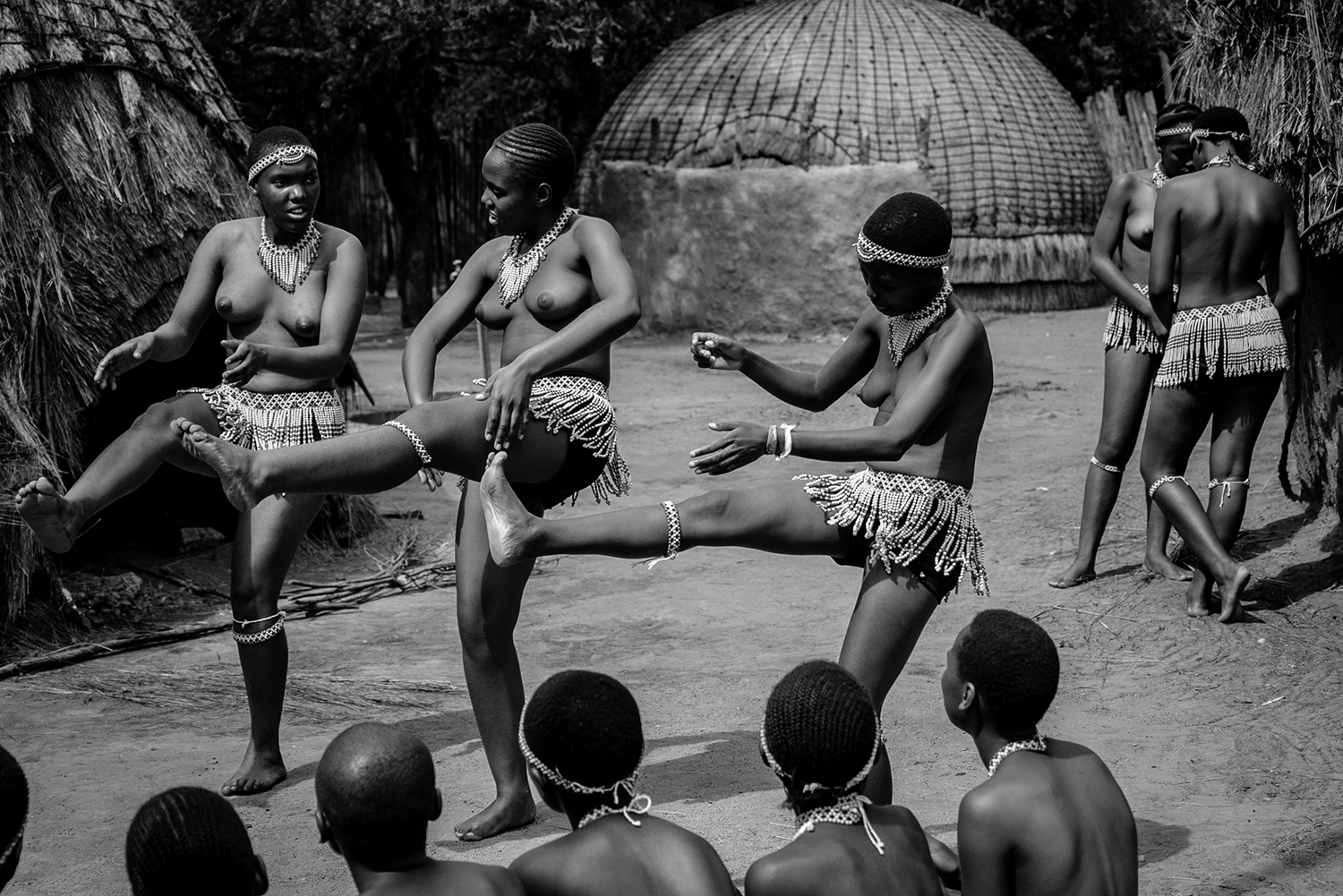
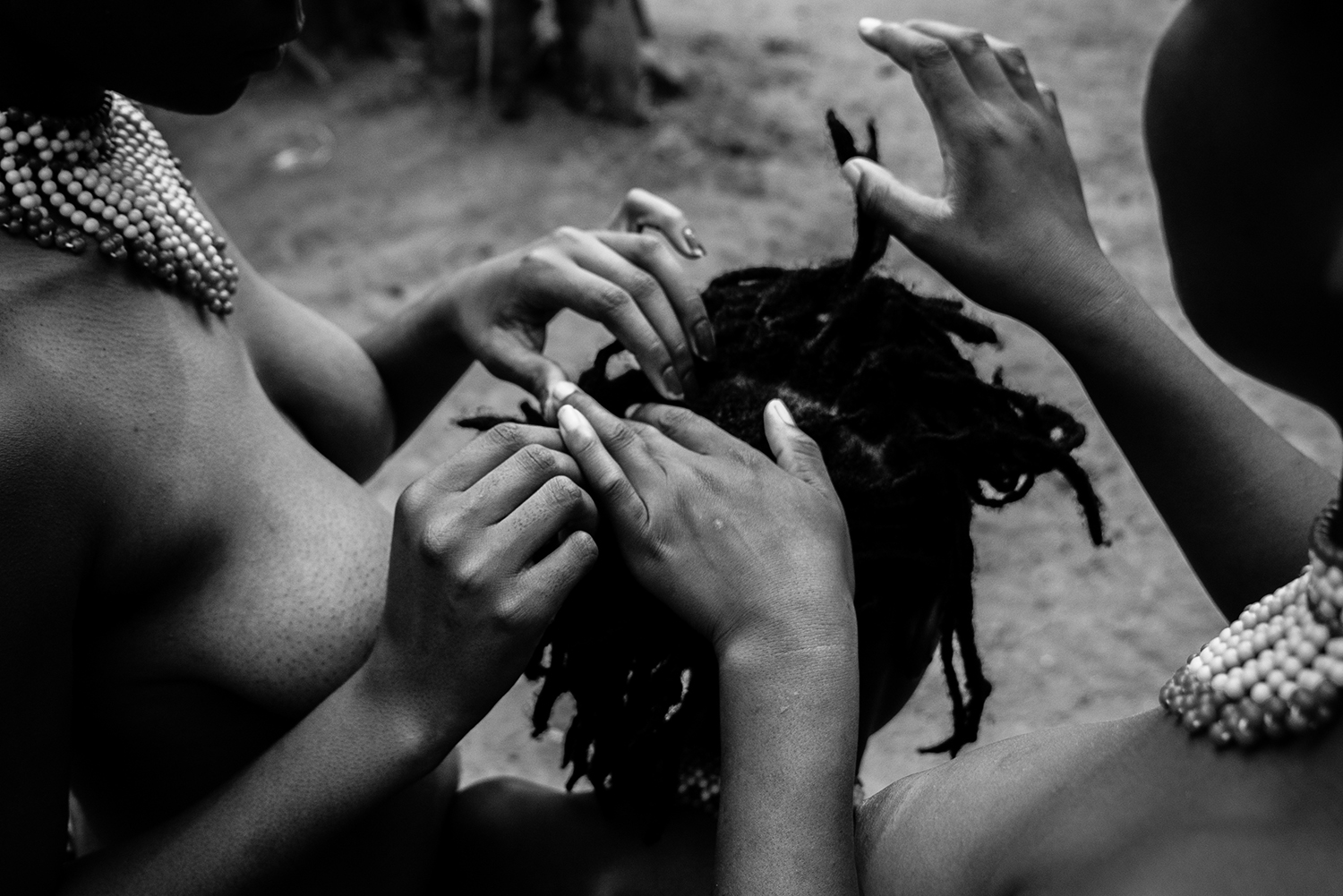
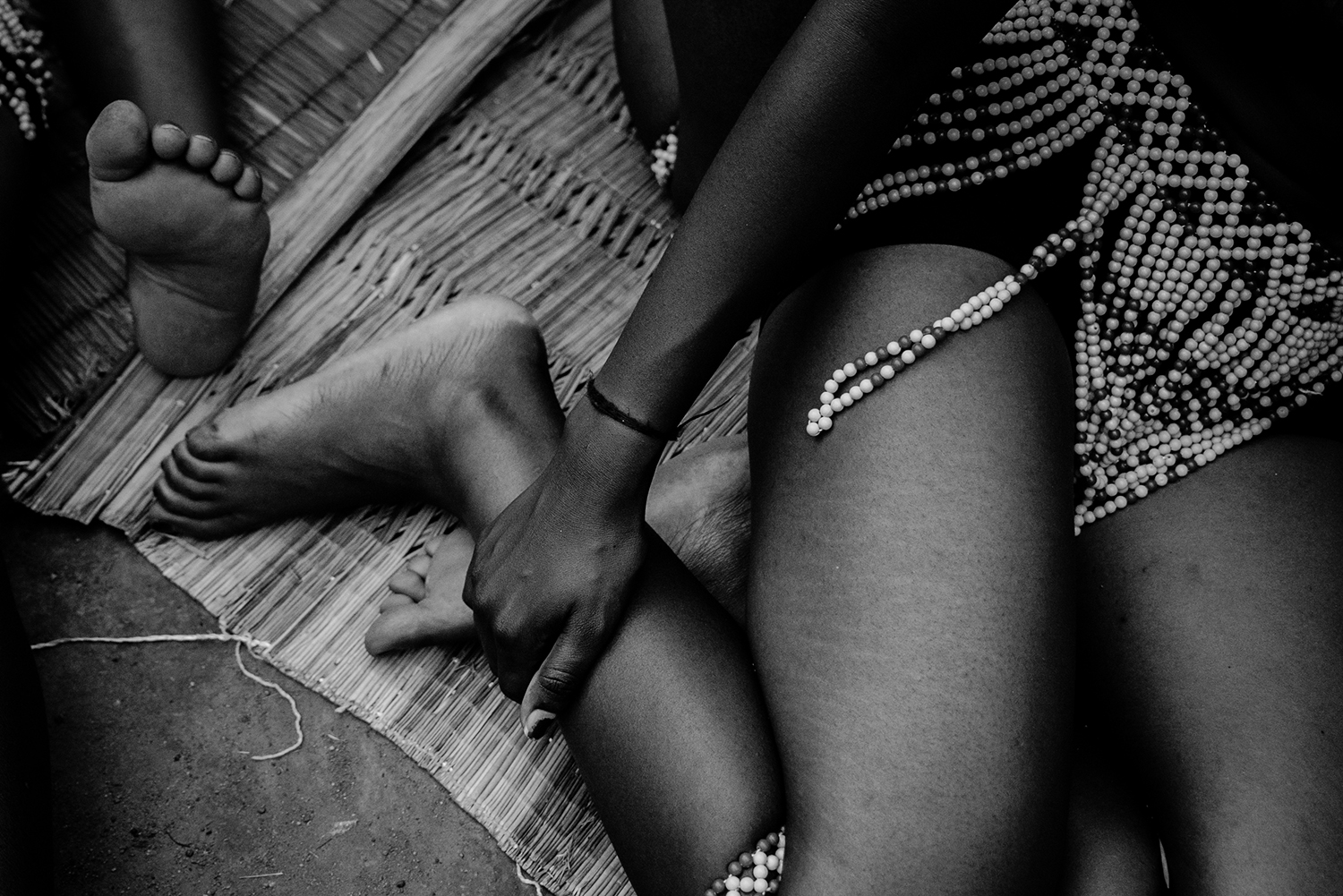
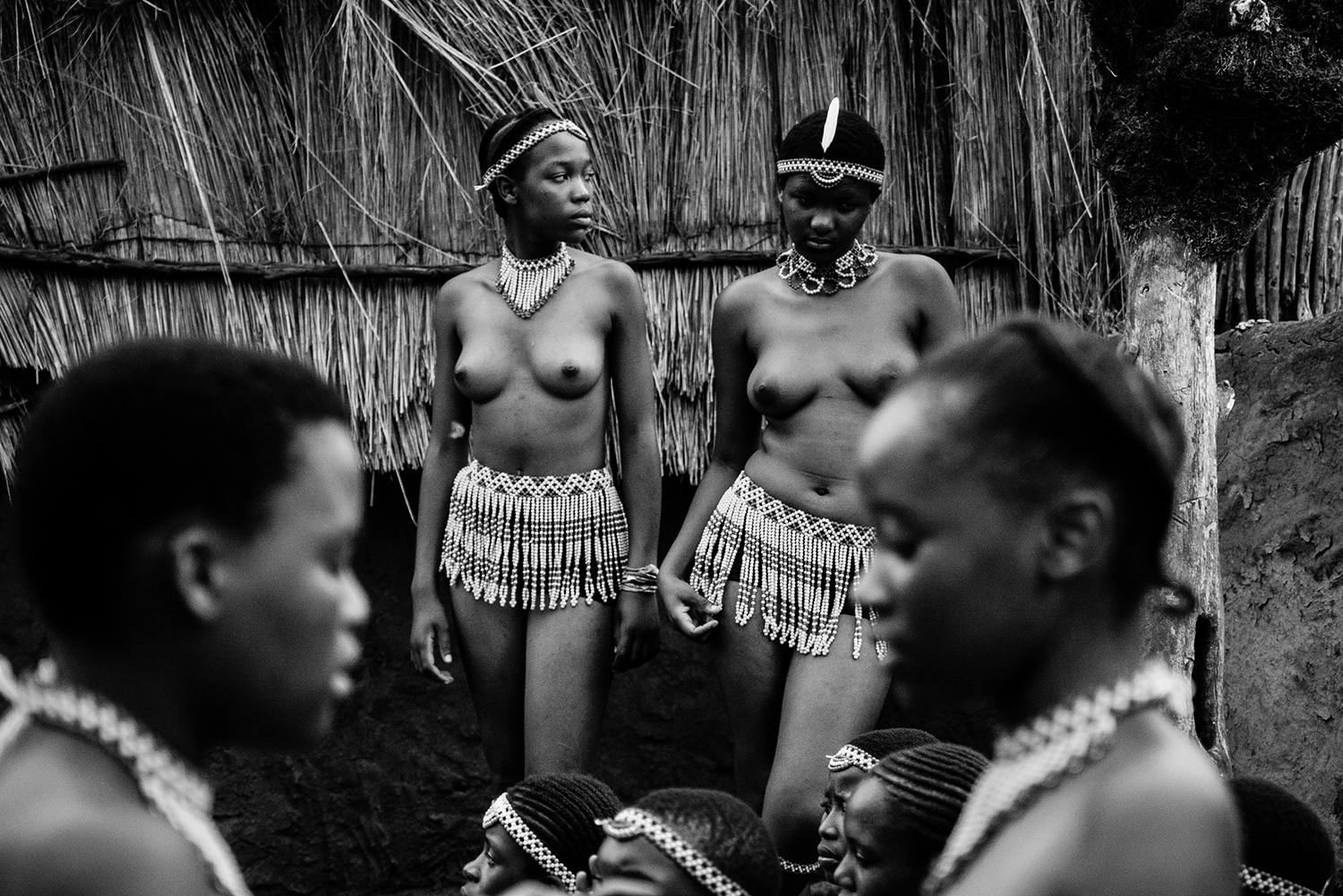
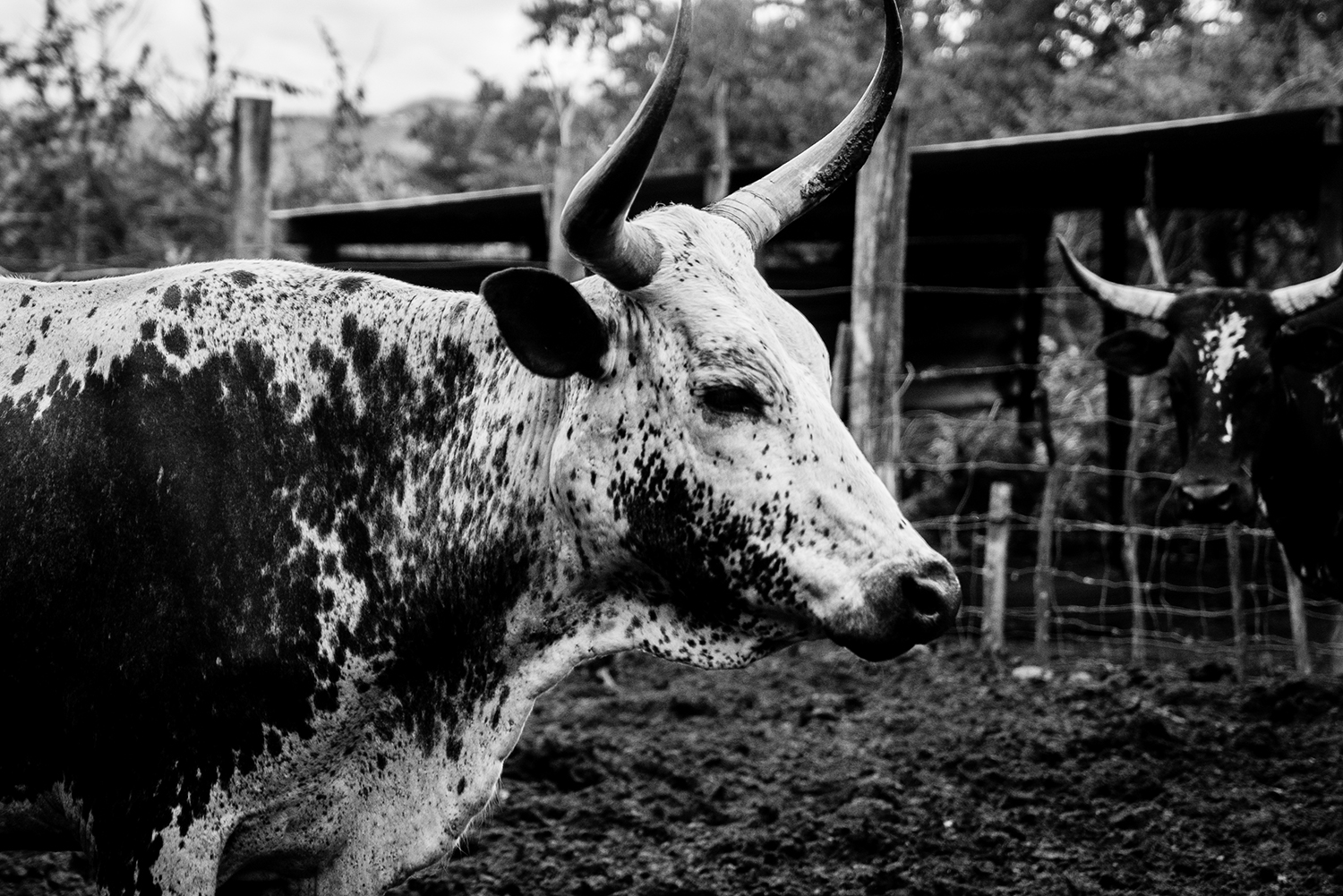
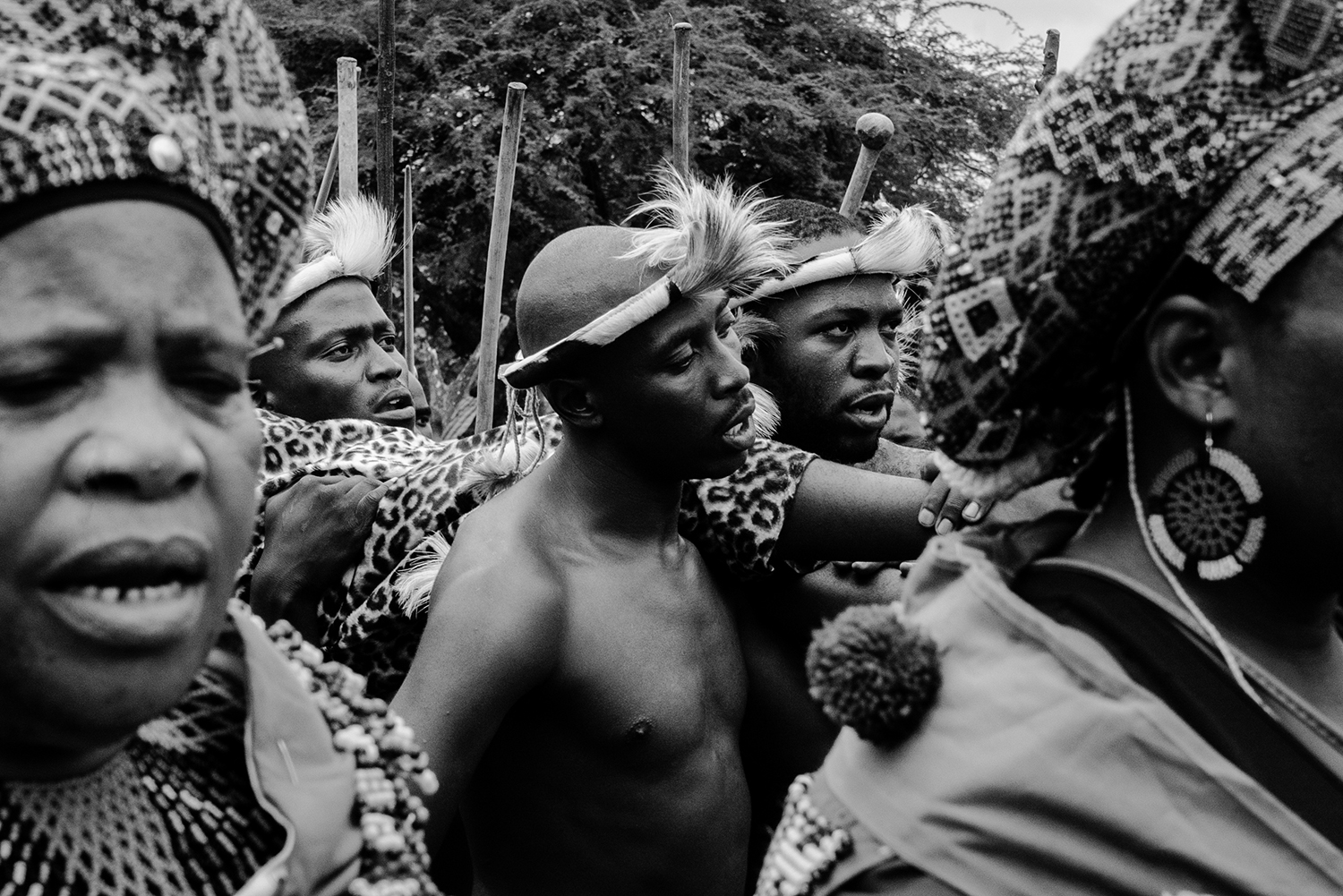

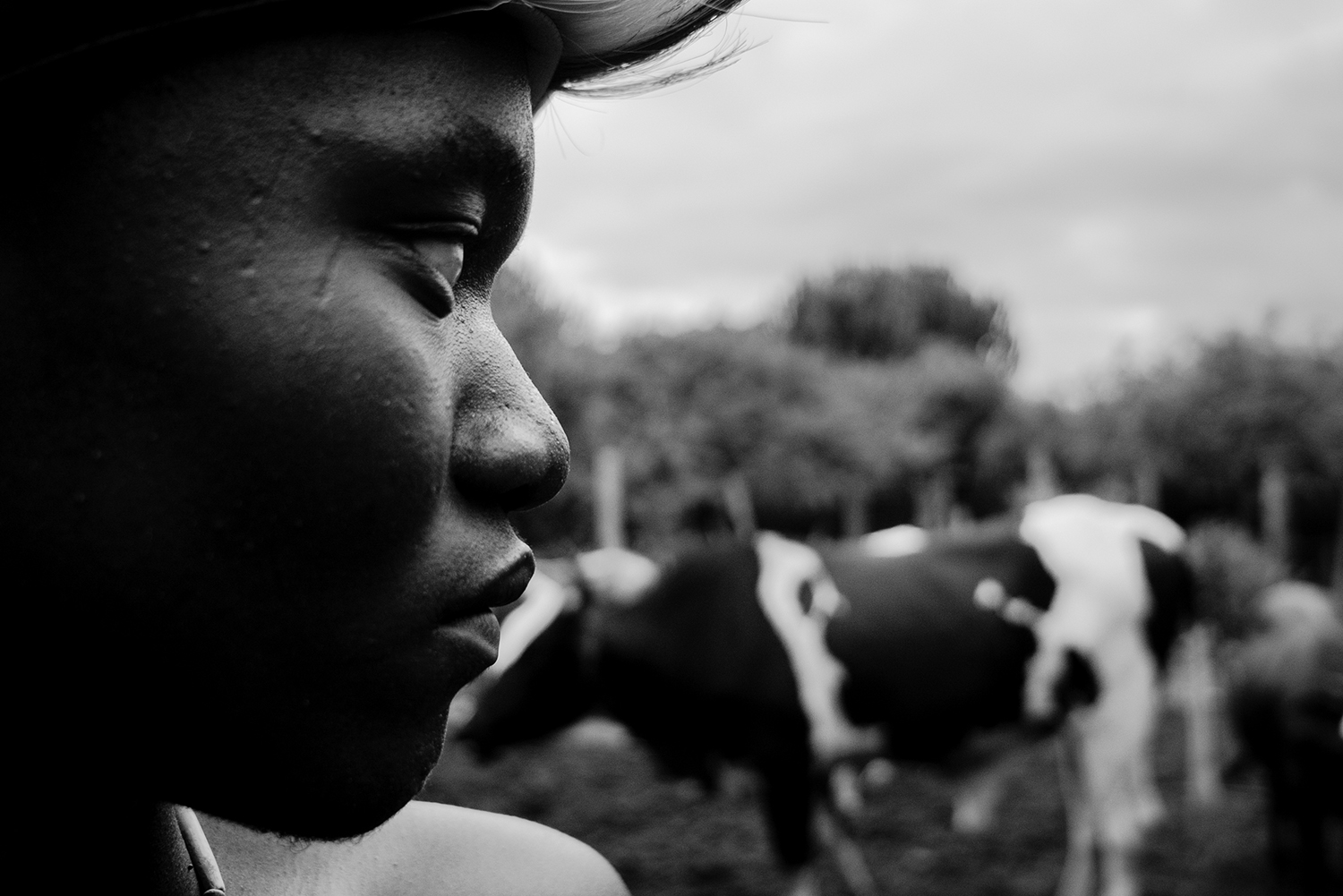
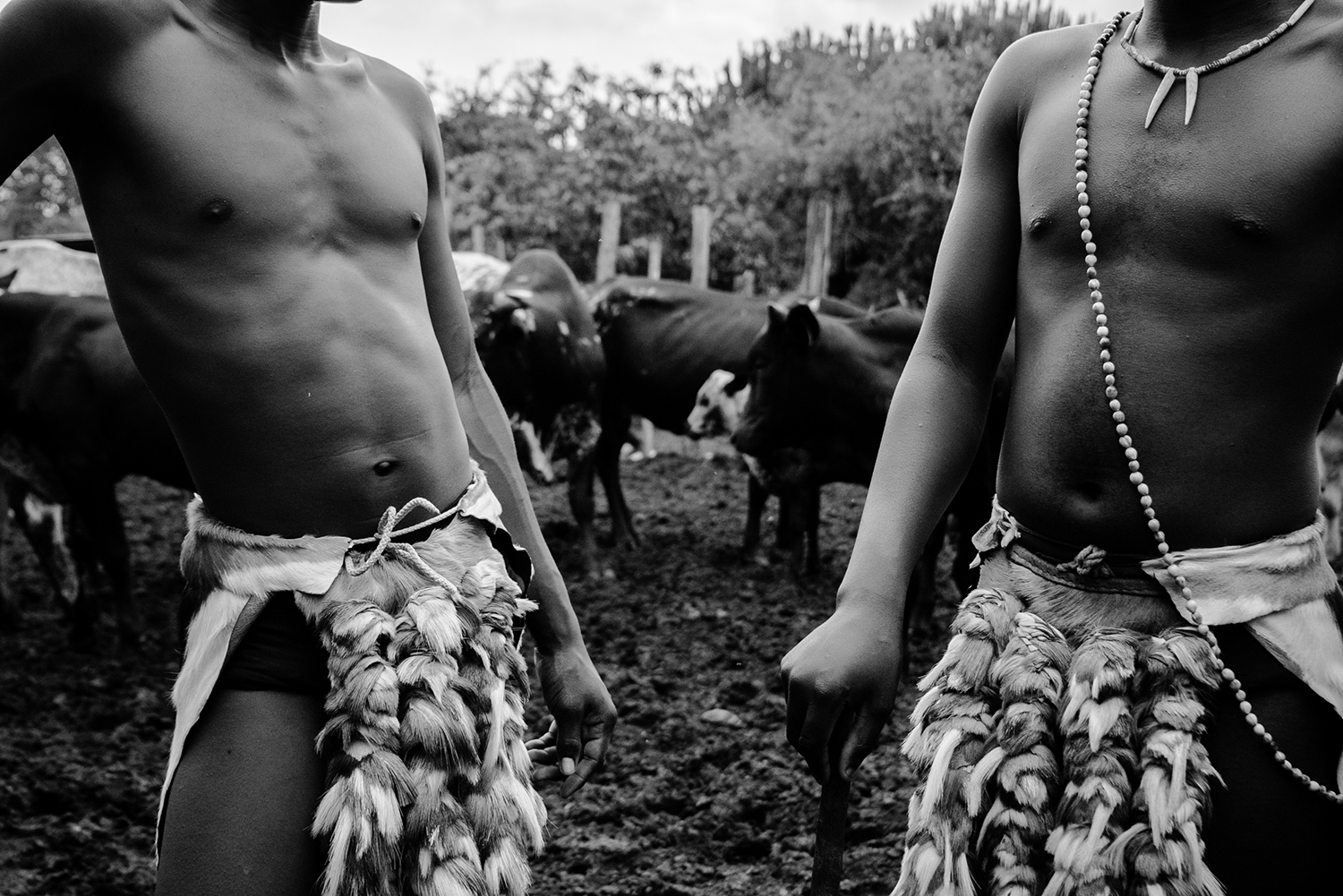
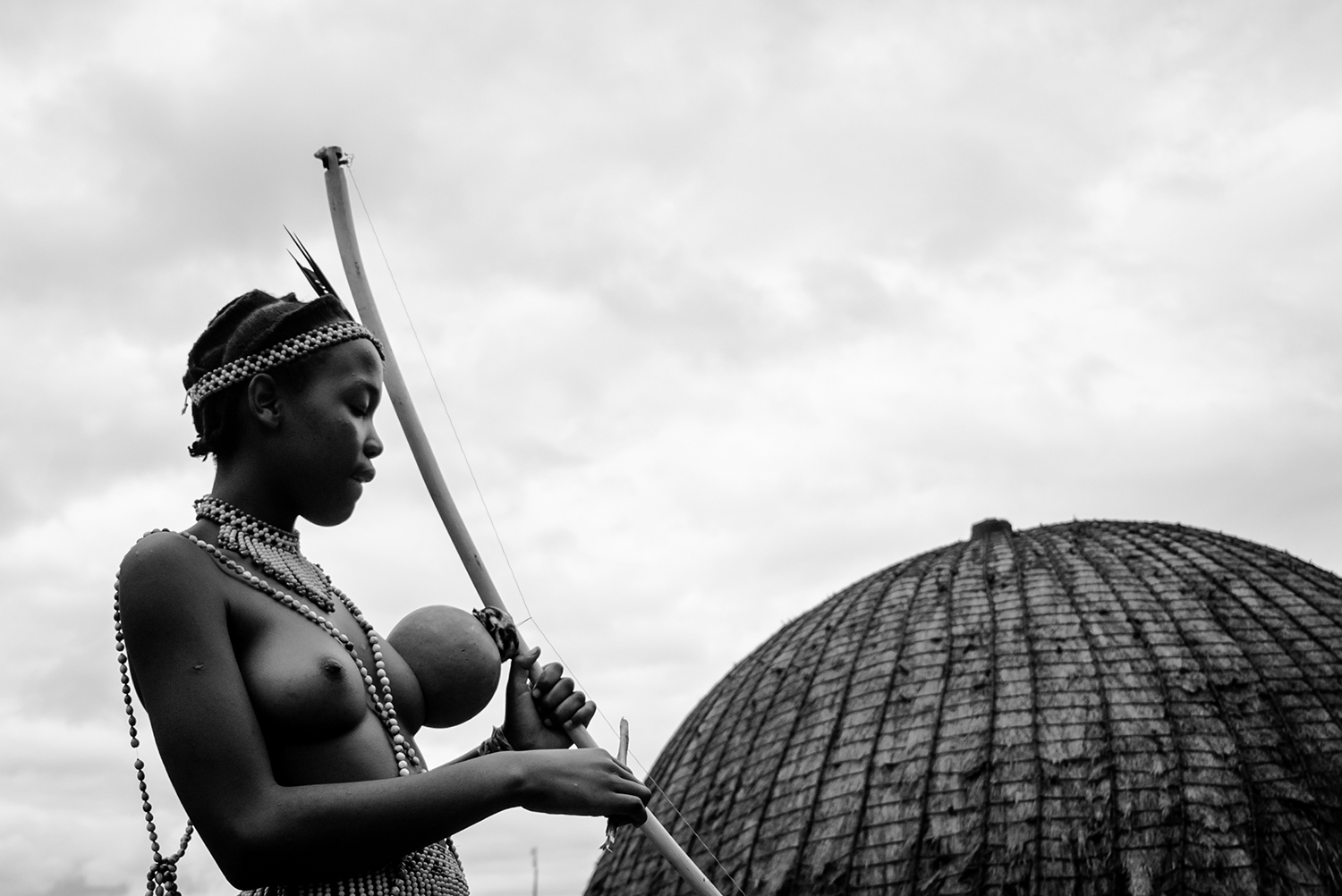
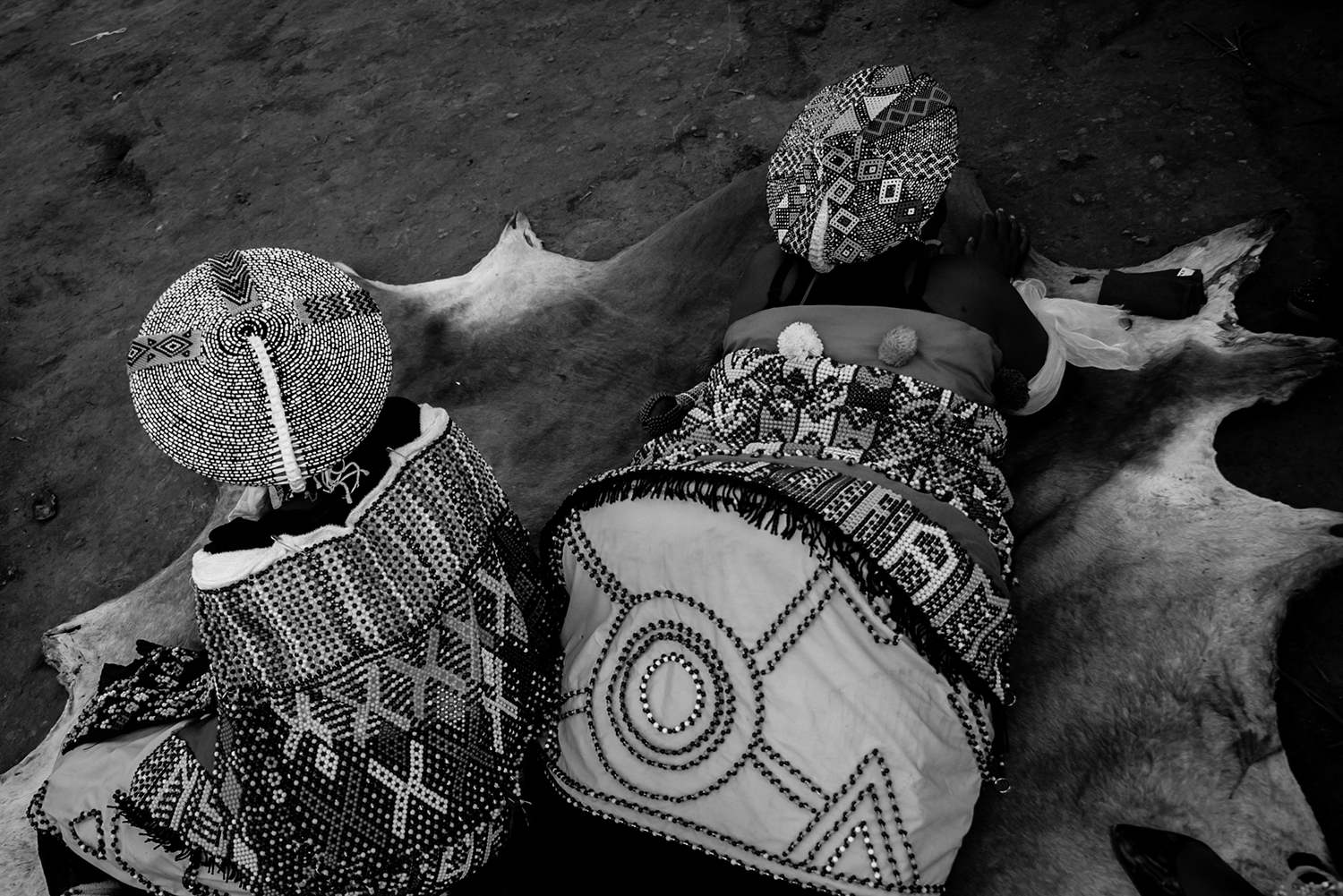
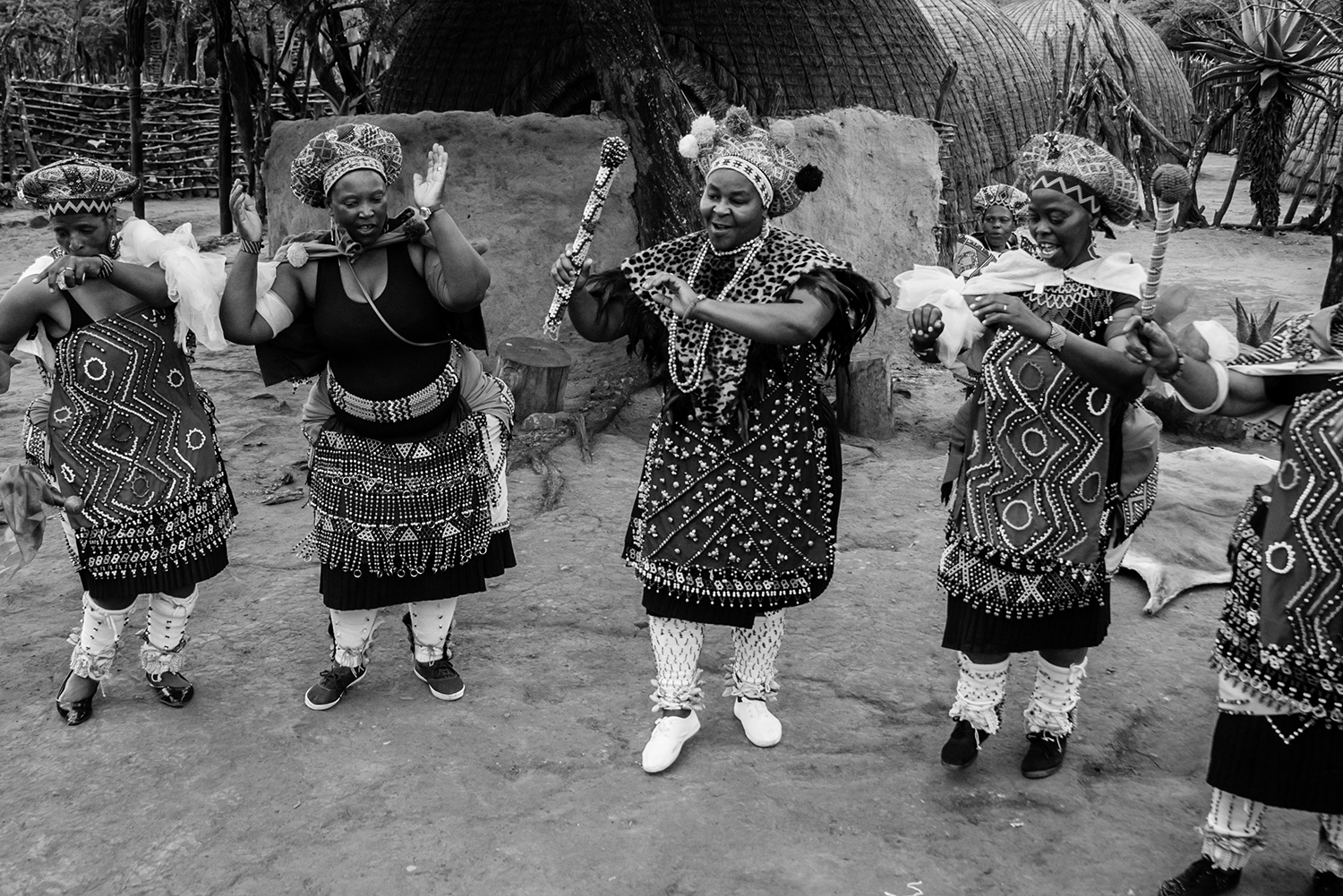
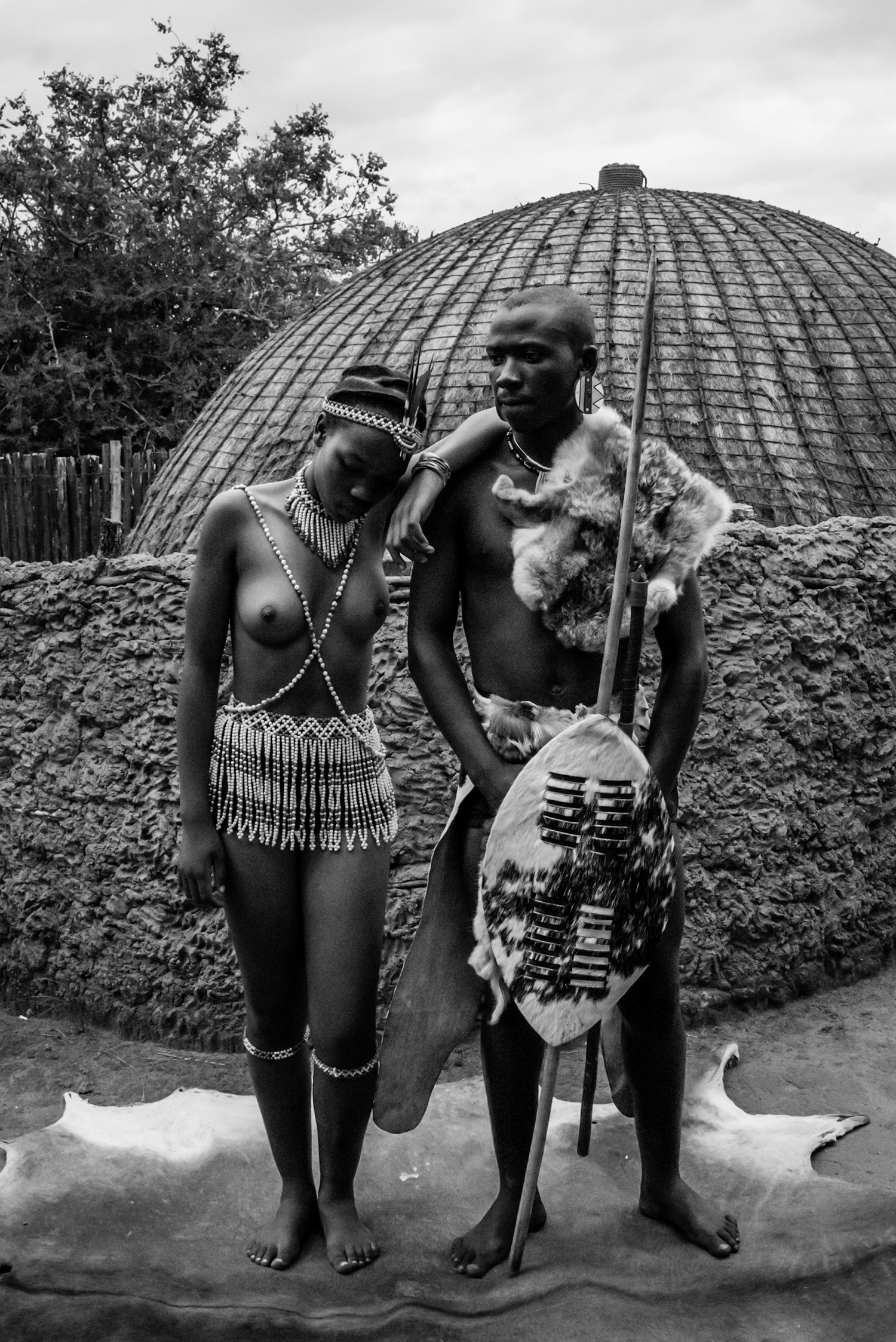
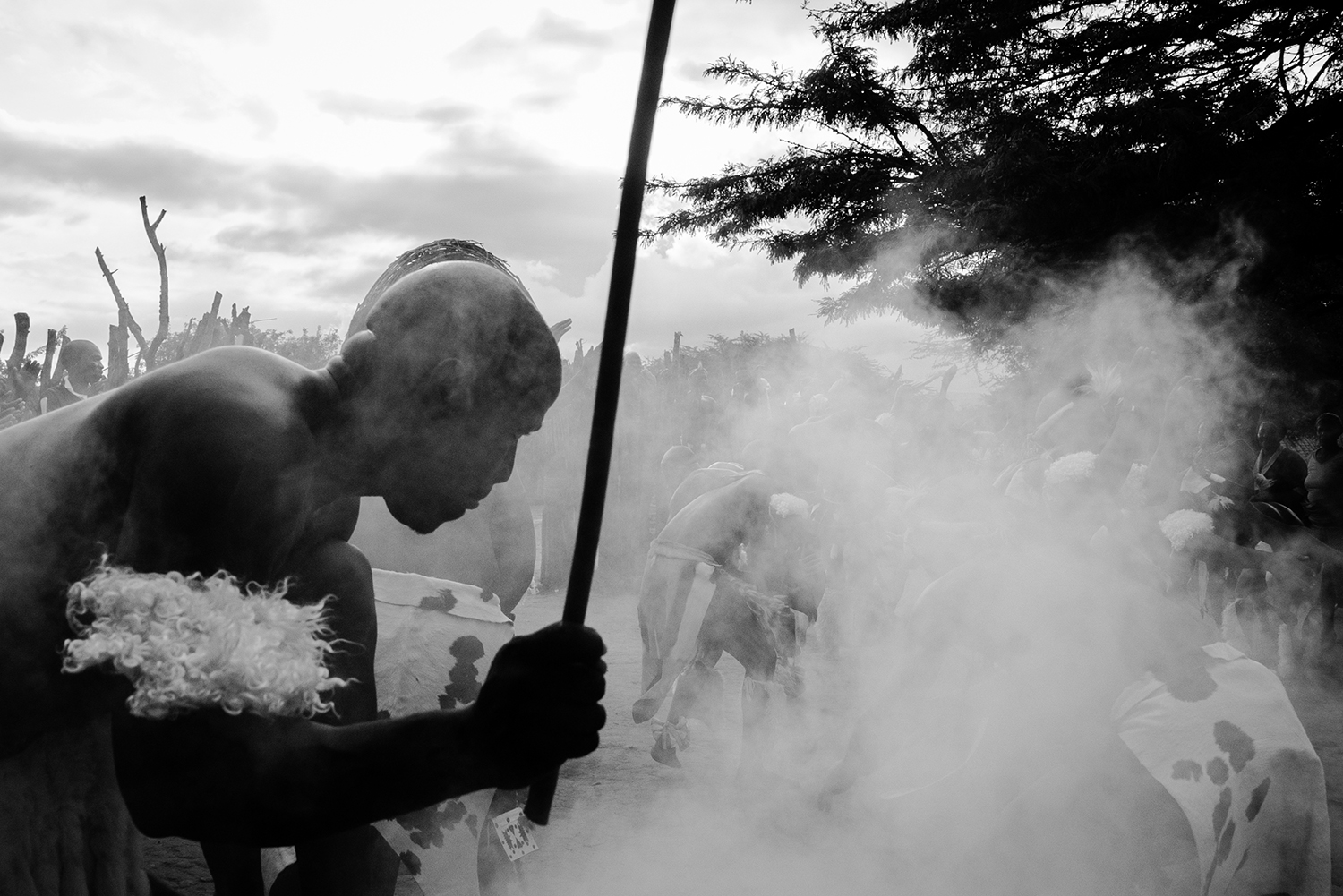
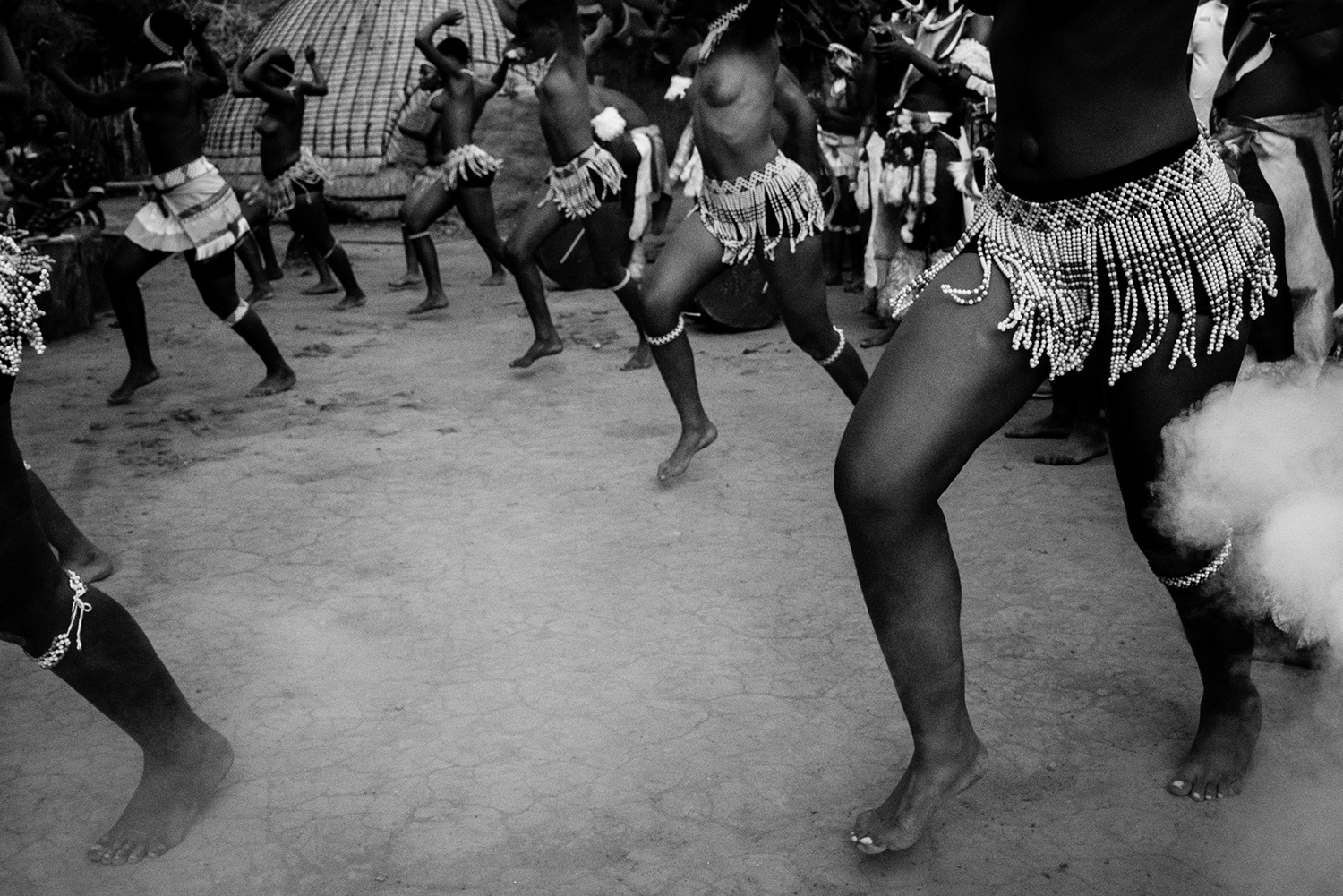
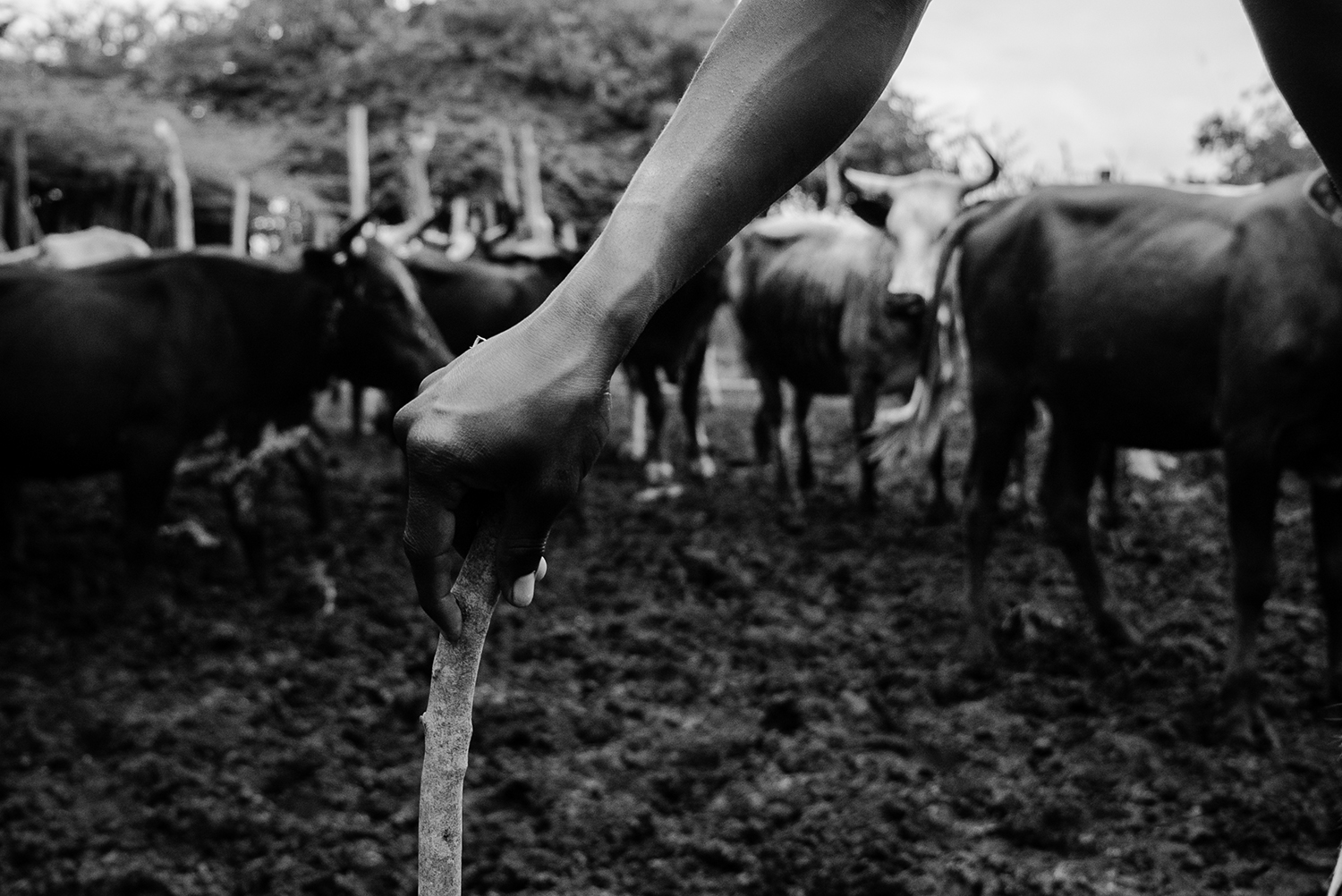
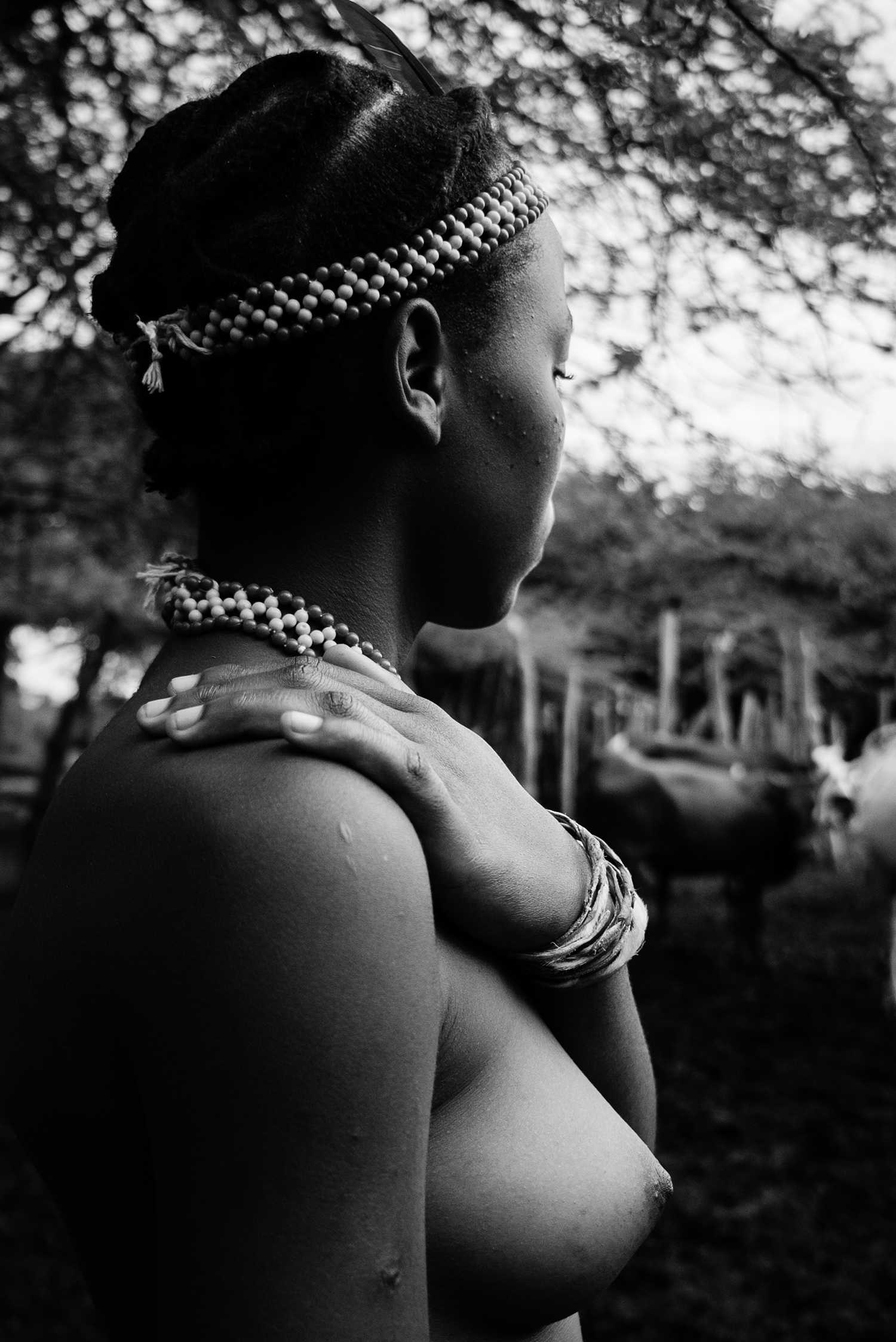
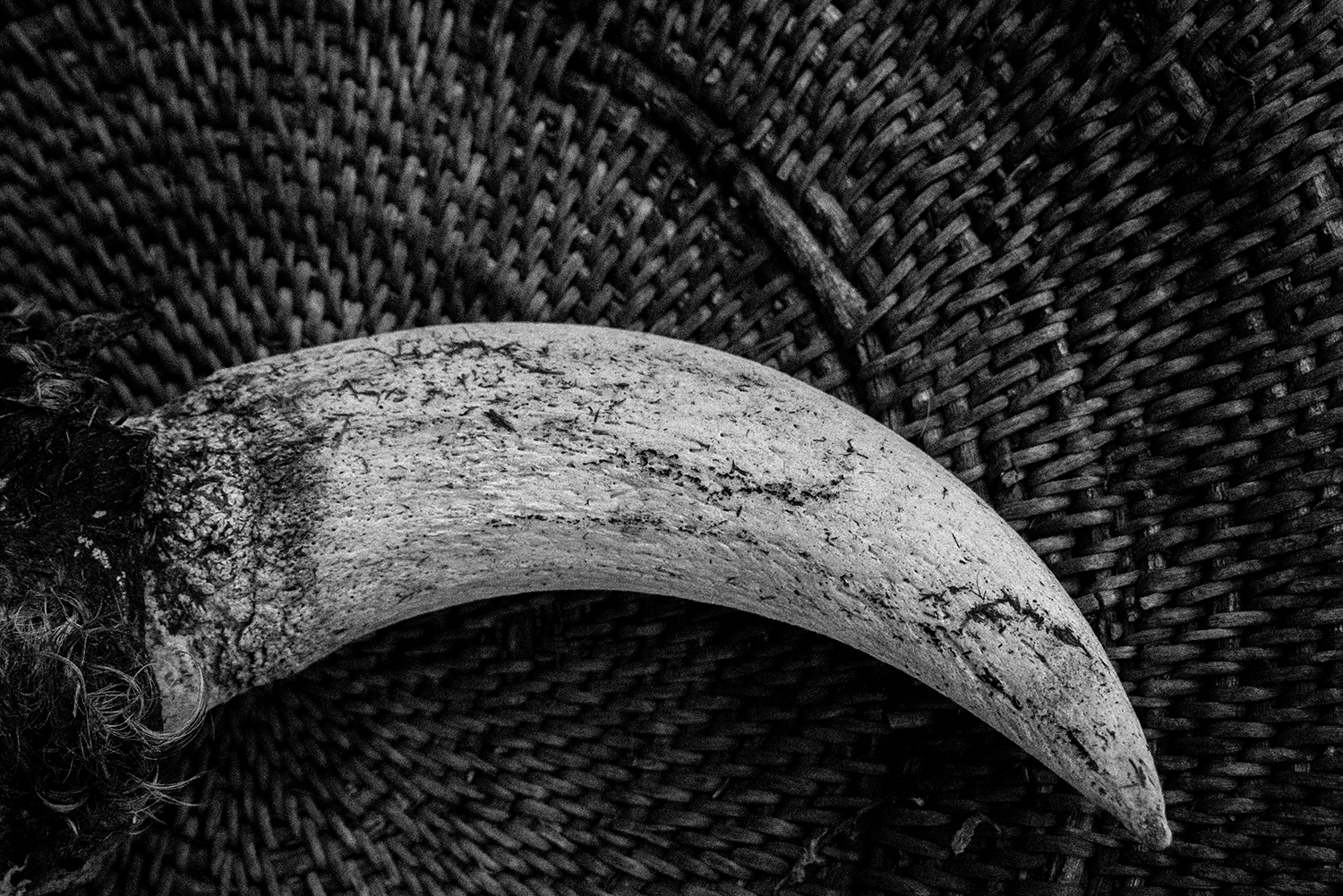
Mandisa Buthelezi is a South African photographer and film production manager from Umlazi in Durban, South Africa. Her work engages and communicates with the rural voice, gender, identity, spirituality, and archiving African culture. She was a Studio Vortex resident in France. Her work has been exhibited at the 2016 Pingyao International Photography Festival 2016 and at the Semaphore Gallery in Switzerland. She was a runner-up for the Open Society Foundation’s Social Justice Through The Lens Competition in 2016 and recently completed a year-long Market Photo Workshop Incubator Programme.